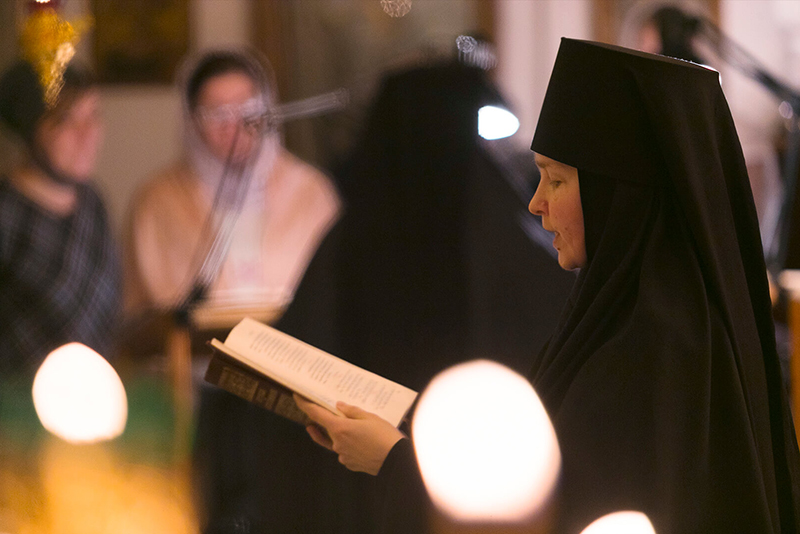
How does Christianity relate to the planet’s history? I will begin by saying that I will adhere to a scientific point of view without voicing evidence, since the latter can be found quite easily in our Internet era.
Today we already know for sure that the Earth is an extremely ancient planet. The history of mankind, compared to its age, is just a flash in an incredibly long series of events. Life on Earth had already been in full swing for millions of years in times when neither dinosaurs, nor fish, nor plants were even a long-term perspective.
The Bible, however, directly says that our world was created in 6 days, and all organisms appeared in the blink of an eye. Clearly things like dinosaurs are ignored here, as well as evolution in general.
I became interested in how modern Christianity relates to that “contradiction”, because simply denying it is equivalent to seeing a bird in front of you and saying that birds do not exist, because some book says so.
The Old and New Testaments of the Holy Scripture are not intended to teach us scientific knowledge about nature. You will not find in them detailed descriptions of exactly how everything happened. A certain sequence is indicated – that’s all. A detailed description of the processes is simply not included in the contents of the Bible. Back in the 17th century Galileo Galilei, one of the founders of modern European science and a Christian believer, said that “the Bible teaches us how to enter heaven, not how the heavens move.” That statement was in line with the Christian tradition of understanding the purpose of Scripture in the past. Twelve centuries before Galileo, St Augustine of Hippo also emphasized that it is unacceptable for a Christian to reject knowledge obtained by mankind through observation and experiment and supported by evidence that could be demonstrated. In the same spirit, the Russian scientist Mikhail Vasilyevich Lomonosov wrote about the relationship between scientific knowledge and Biblical Revelation: “The Creator gave the human race two books. In one He showed us His greatness; in the other we see His will. The former is the visible world, created by Him so that man, looking at the vastness, beauty and harmony of His creation, would recognize the Divine omnipotence, to the extent of his ability to comprehend.
The latter book is the Holy Scripture. It shows the Creator’s benevolence for our salvation.” Holy Scripture is not meant to teach us what we can learn with the help of the testing power of our mind. It is called to reveal to us what God created this world for and what He calls mankind to. Therefore, one should not expect the Bible to employ the modern (whether it is today, in the time of Lomonosov, Galileo, or even St Augustine) scientific language to express its knowledge of natural history. To express the truth about God, Scripture uses the concepts adopted from the culture of the time when each particular book of the Bible was written. It is obvious that neither ancient cosmology, nor biology, nor geography, nor medicine is an essential part of Divine Revelation. Rather, they are the cultural background in which the Divine Revelation is expressed telling us about the One God, about man as the bearer of God’s image and about what a person needs to do to enter into a relationship with God Who is the source and the meaning of his existence.
Christianity has a positive attitude to scientific data, how could it be otherwise? The six days of creation for their part may well be perceived as a figurative designation of the six stages in which the world was created.
Translated by The Catalogue of Good Deeds
Source: https://foma.ru/kak-hristianstvo-otnositsja-k-istorii-planety.html




